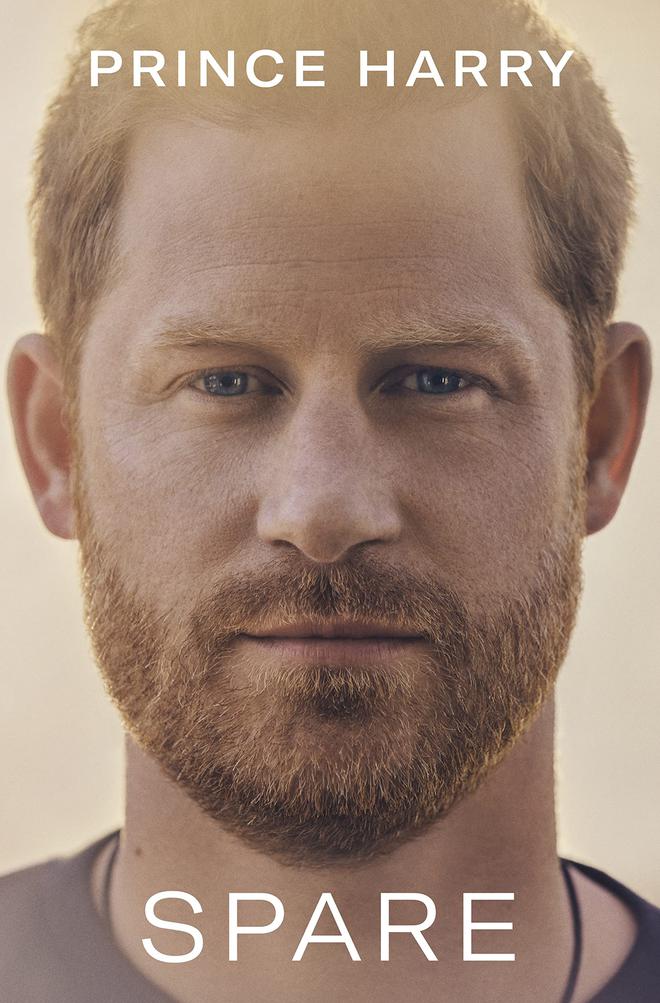
When Prince Harry’s highly-anticipated memoir, Spare, came out in January, news about it was everywhere. The book is 2023’s biggest-selling non-fiction title to date, with over 1 million copies sold in the U.S. alone. Readers wanted it for the bombshell revelations, insights and scandals. Some, though, also wished to read it because of its ghostwriter, J.R. Moehringer — the person who actually wrote the book for Prince Harry.
Moehringer, 58, a Pulitzer-winning journalist and author, is ghostwriter for not just Prince Harry’s book but also tennis legend Andre Agassi’s acclaimed autobiography, Open, as well as Nike co-founder Phil Knight’s memoir, Shoe Dog. In fact, he’s “so famous that George Clooney made a film of his life”, says the headline of a news article in The Guardian. The movie is based on Moehringer’s own memoir, The Tender Bar (2005), and stars Ben Affleck.
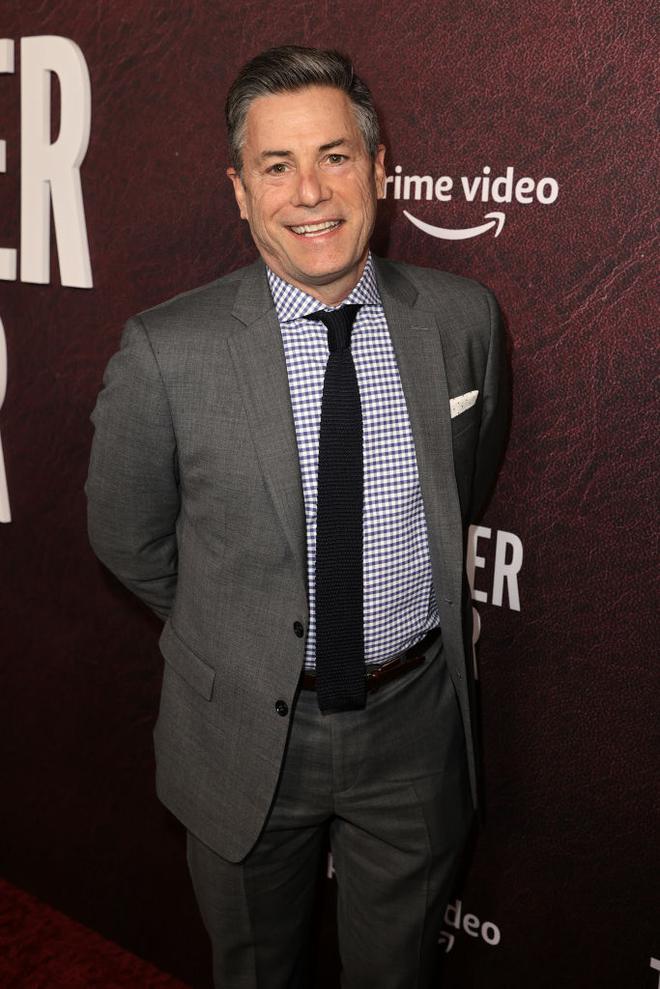
To put it simply, as an editor I speak to tells me, “ghostwriters abroad can be stars in their own right”. That is, when their involvement in a celebrity book is public knowledge, as in the case of Moehringer, who was even stalked by the paparazzi after his name was leaked to the press ahead of the release of Spare. More often though, ghostwriters fly under the radar, either entirely invisible, or credited only in the acknowledgements section.
Of course, not all celebrity books are ghostwritten, but in India, even when they are, the frenzy is almost always restricted to the personality in question. The covert nature of the ghostwriting business — the name of the ghostwriter never makes the cover — also means that countless readers might not even be aware of what is a flourishing industry of undercover authors and the very nature of their job.
Binati Sheth, editor and ghostwriter with over 58 non-fiction titles under her belt, says, “It’s funny when people approach me and ask, where are your ghost stories published.” I make the mistake of thinking this an exaggeration, till I tell a friend that I’m writing about ghostwriters. He too wonders aloud if I mean writers of ghost stories.
Pandemic shift
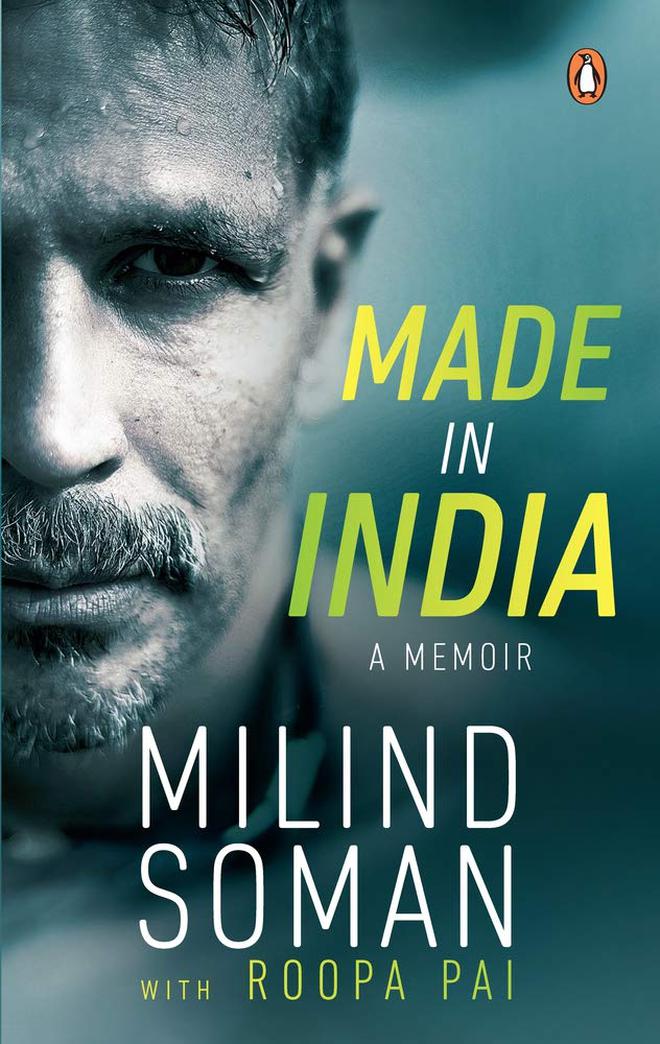
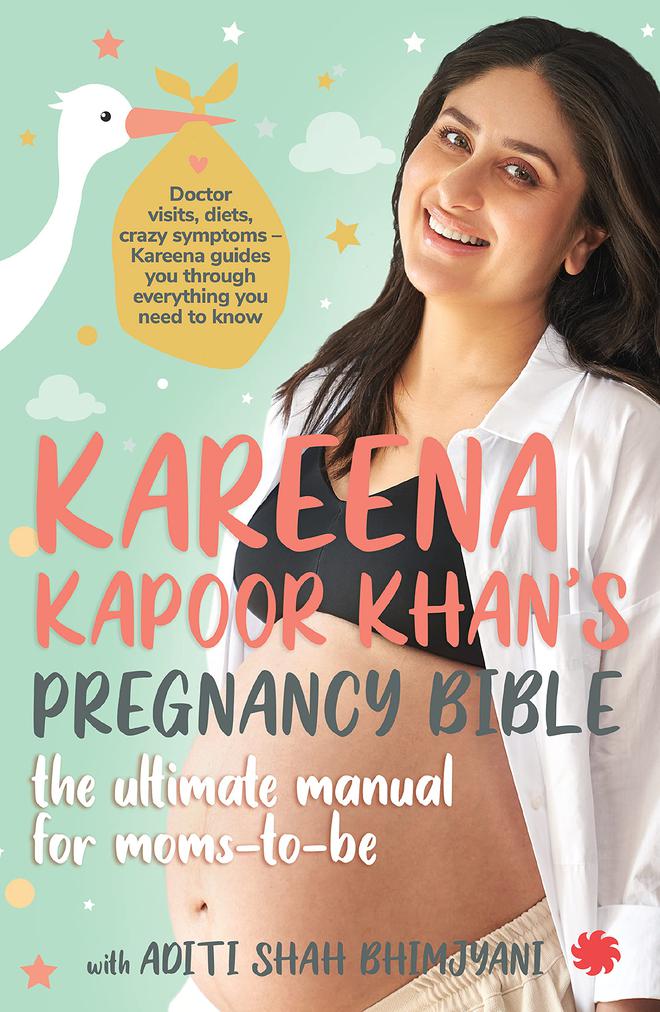
Ghostwriting is a relatively new concept in India, says Karthika V.K., publisher at Westland Books. “The shift happened sometime in the last 10 years,” she says. Before that, while people did collaborate with established writers to tell their stories, the latter would almost always be given due credit. “If not on the cover as co-author, it would be in the form of royalties, and the writer would be part of a contract with the publisher,” says Karthika.
And while several celebrities still share credit with co-authors — actor Milind Soman’s memoir, Made in India, is written with Roopa Pai; for her Pregnancy Bible, Kareena Kapoor Khan shares credit with Aditi Shah Bhimjyani; and Rishi Kapoor wrote his tell-all, Khullam Khulla, with veteran film critic Meena Iyer — the increasing popularity of non-fiction books, of celebrity memoirs in particular after the pandemic, has ensured that the ghostwriting business is flourishing.
After all, readers here too want to know more about the people they love and look up to — actors and sportspersons, CEOs and start-up founders, social media influencers and spiritual gurus. “Often, these are people who may not necessarily be celebrities, but are hugely successful in their own right; they cannot write a book or don’t have the time, so they choose to work with people who can do the professional writing for them, based on inputs, interviews, recordings, whatever,” says Karthika.
The question of sharing credit, though, is an especially tricky one when it comes to celebrity memoirs. Kanishka Gupta, literary agent and founder of Writer’s Side, says that sometimes “even if the author is happy to have a ghostwriter’s name on the cover, and the ghostwriter too is happy to partake in the advance and royalty and charge a smaller writing fee, the publisher may not be okay with this arrangement”, because the celebrity’s brand value might get diluted. Parth Mehrotra, editor-in-chief at Juggernaut Books has a different take, and says that while commissioning a big-ticket celebrity, he cannot “be so choosy”. “If I get a big celebrity book, then I take it whichever way I get it.”
Legal tangles
It pays well
Internationally, ghostwriting can be especially lucrative. Mehrotra says that in the western markets, things are also more organised, with many ghostwriters being represented by agents. “Ghostwriters there earn more than anybody else in publishing, sometimes up to six-figure dollar and pound amounts, or more in the case of superstar ghostwriters.” Moehringer was reportedly paid $1 million for Spare.
While the figures are much lower in India, they are still attractive. Ghostwriting projects can pay anywhere from ₹3 lakh to ₹5 lakh, sometimes go up to as high as ₹15 lakh for big projects. For this reason, several published authors, journalists and editors moonlight as ghostwriters, as do professionals in other fields such as science, law and medicine.
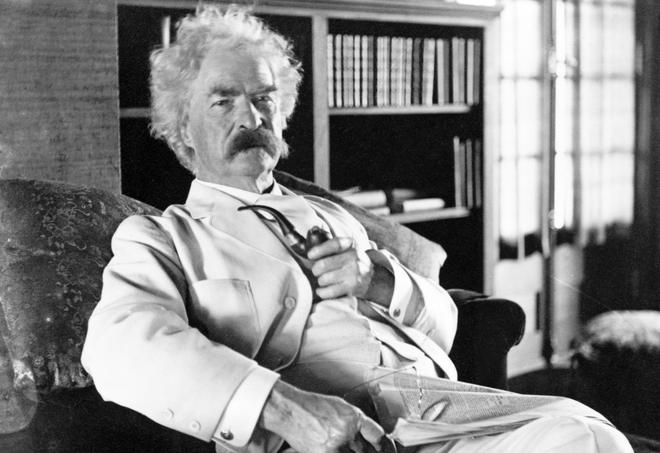
For author and historian Narayani Basu, who looks at ghostwriting as a part of the gig economy, the money brings a certain amount of freedom to write her own books. “I technically look at this as a side gig, to be able to do what I like, which is essentially to write books of my own, and honestly book writing doesn’t pay any bills,” she says.
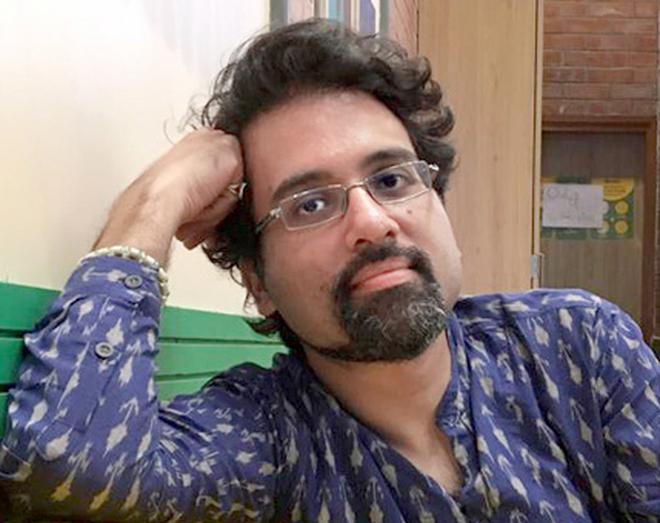
Literary agents too have begun to represent ghostwriters. Gupta, who is one such agent, says he began working with ghostwriters as it offered a steady source of income. Today, he helps his clients, often big-ticket names, find ghostwriters, and vice versa. For bringing these projects to the table, Gupta can charge an agent fee from the ghostwriters too.
He doesn’t always take a cut from the ghostwriters, says Gupta, but when he does, it can sometimes allow for a regular and steadier source of income than publishing advances. This is because publishing advances are much lower and given out in smaller tranches (split between signing, submission and publication), whereas a ghostwriting fee may be more substantial, including, sometimes, a monthly retainer.
It’s usually the clients and not publishing houses that pay ghostwriters. Bushra Ahmed, senior commissioning editor at HarperCollins India, says that while she does get involved in finding the right ghostwriters, they are mostly paid for by the authors themselves. Mehrotra adds, “It depends on the book, and on the author. If the author says, I want a blue-chip American ghostwriter, then obviously we can’t pay. But if the author is willing to work with an Indian journalist, for instance, then we pay.” A good rule of thumb would be, he says, “The more high profile an author, greater the chances that they will pay (the ghostwriter).”
Most clients looking for ghostwriters are of course celebrities, successful entrepreneurs or influencers. For them, a book is a way to tell their story, and not necessarily about making money. These are people in the public eye, and while there’s a deluge of information about them, a lot of it revolves around rumours, gossip and paparazzi shots. With a book, they get to reclaim their story, and in doing so, add to their brand and public image. One ghostwriter tells me about a famous Indian comedian who now hands people his memoir instead of his business card.

Finding the right fit
Celebrities, though, are notoriously protective about their stories, and Ahmed says her first challenge when commissioning a ghostwritten project is to find the right person for it. She says that many Indian personalities are hesitant about writing a book in the first place. “They haven’t written before, and a book is a new medium for them. They might be shy, and they need someone they can trust with their story,” she says. So, it becomes a kind of matchmaking project. “The first thing to consider is whether the client and the writer have a certain chemistry.”
For Mehrotra, one of the bigger concerns while finding the right writers for his clients, is the perceived inequality when it comes to the celebrity-ghostwriter equation. “Celebs can be quite status conscious. But a ghost has to play several roles: that of a therapist, of somebody who coaxes you, but also be firm when needed and keep the project on the rails. Someone who can interrogate you without it feeling like an interrogation. That relationship cannot be a relationship of un-equals”.
Stigma and acceptance
That celebrity memoirs, at least many of them, are ghostwritten is no longer a secret. But, given the still mostly-covert nature of ghostwriting, a lot about it remains shrouded in mystery, making it difficult for Indian ghostwriters to find projects, and for potential clients to find them. Karthika attributes some of this covertness to the fact that ghostwriting, and a ghostwriter’s existence, has so far “been concealed from the reader, the packaging of a book doesn’t mention ghostwriters at all.” Part of it is also, Basu says, because “there’s a kind of shame in people acknowledging that they had to take somebody’s help for a project like a book”.
Internationally, there are companies like the U.K.-based StoryTerrace, founded by Rutger Bruining and winner of BBC’s Dragons’ Den in 2020, that offer professional memoir-writing services to regular people. StoryTerrace has over 750 professionals on its roster and more than 3,500 projects till date.
In India too, there are companies such as Keemiya Creatives offering ‘author support services’ such as editing, beta reading and ghostwriting, or 99Beagles, which provides both ghostwriting and publishing services. Entrepreneur Tara Khandelwal, founder of Bound India, runs a team of ghostwriters, and takes on ghostwriting projects herself.
Some of the de-stigmatisation around ghostwriting is to do with a growing understanding among publishers and those within the industry that readers themselves are not immensely concerned about whether a celebrity memoir or book has been ghostwritten. Ahmed says that the way ghostwriting might be perceived within the publishing industry is different from the way readers think about it, if they think about it at all. Karthika agrees, and adds that the question is not so much whether the reader cares or not, but the book’s initial push into the market by the publisher. “You focus on what the celebrity said or did or has to say, and you are not really talking about the fact that it was written by someone else.”
Of course, the easiest way to let the world know you’re a ghostwriter would be to list it as your profession and put it on your resume, like you would any other job. Writers such as Sheth, and Namrata, founder of Keemiya Creatives, have done exactly that, and their profile on LinkedIn lists them as ghostwriters. Although, at a recent LinkedIn creator accelerator programme, Sheth says she was told by a creator manager that she was hurting her personal brand by calling herself a ghostwriter. Despite that, Sheth has “zero shame” about what she does. “This thing pays my bills,” she says.
With the growing appetite for celebrity memoirs from both readers and publishers, are we moving towards an ecosystem where ghostwriters would be able to move back into the world of the living? Karthika says that it might be just a matter of time. “As we all start getting more confident about putting out books that are not necessarily about the writing but about the subject, I think we’ll start realising that if we don’t give that kind of credit and overt appreciation to the ghostwriter, we are not going to get good ones.”
Mehrotra says a lot will also have to do with the money on the table. While ghostwriting pays well in India, it’s nothing close to Moehringer’s $1 million. “Obviously if there is money like that, you’ll attract the best talent in India, the best talent oversees. Indian publishing is however far from that point. Which celebrity memoir in India will generate so much fat on the bone, that the ghostwriter can be paid that much money?”
Karthika thinks a few real successes could change the landscape immensely. “When something really takes off, partly because of the story and the subject, but partly because it’s so well done, and then you realise it’s ghostwritten, people are going to start reaching out and saying, I want that person to write my book too. As that happens, I think the entire ecosystem will shift.”
On AI and ghostwriting
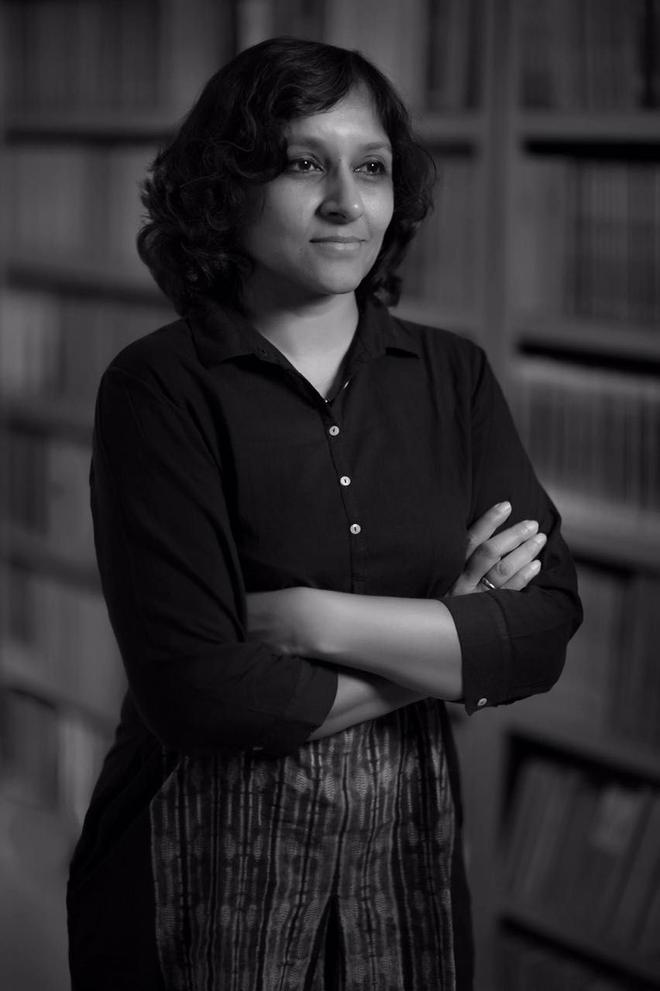
“If I’m a celebrity who’s happy just recording a conversation and running it through AI to make a chapter out of it, do I need a ghostwriter? Not really. But if I want someone to draw me out, and make me say the things in my head that I’ve not articulated before, I need skillful people. So, a ghostwriter would need to be a little different as AI becomes advanced.”Karthika V.K.Publisher, Westland
“A process like ghostwriting is fairly intimate, especially if you are going to someone’s house, sitting with them and recording conversations. Nobody really talks about how much the ghostwriter becomes a part of the author’s life. That’s very hard to replicate via AI.”Narayani BasuAuthor and historian
“I see AI as an accessibility tool, but I don’t think author jobs will be impacted by it because good books are about multiplicative ideas. AI can recreate. It doesn’t create from start to finish.”Binati ShethEditor and ghostwriter
swati.daftuar@thehindu.co.in







